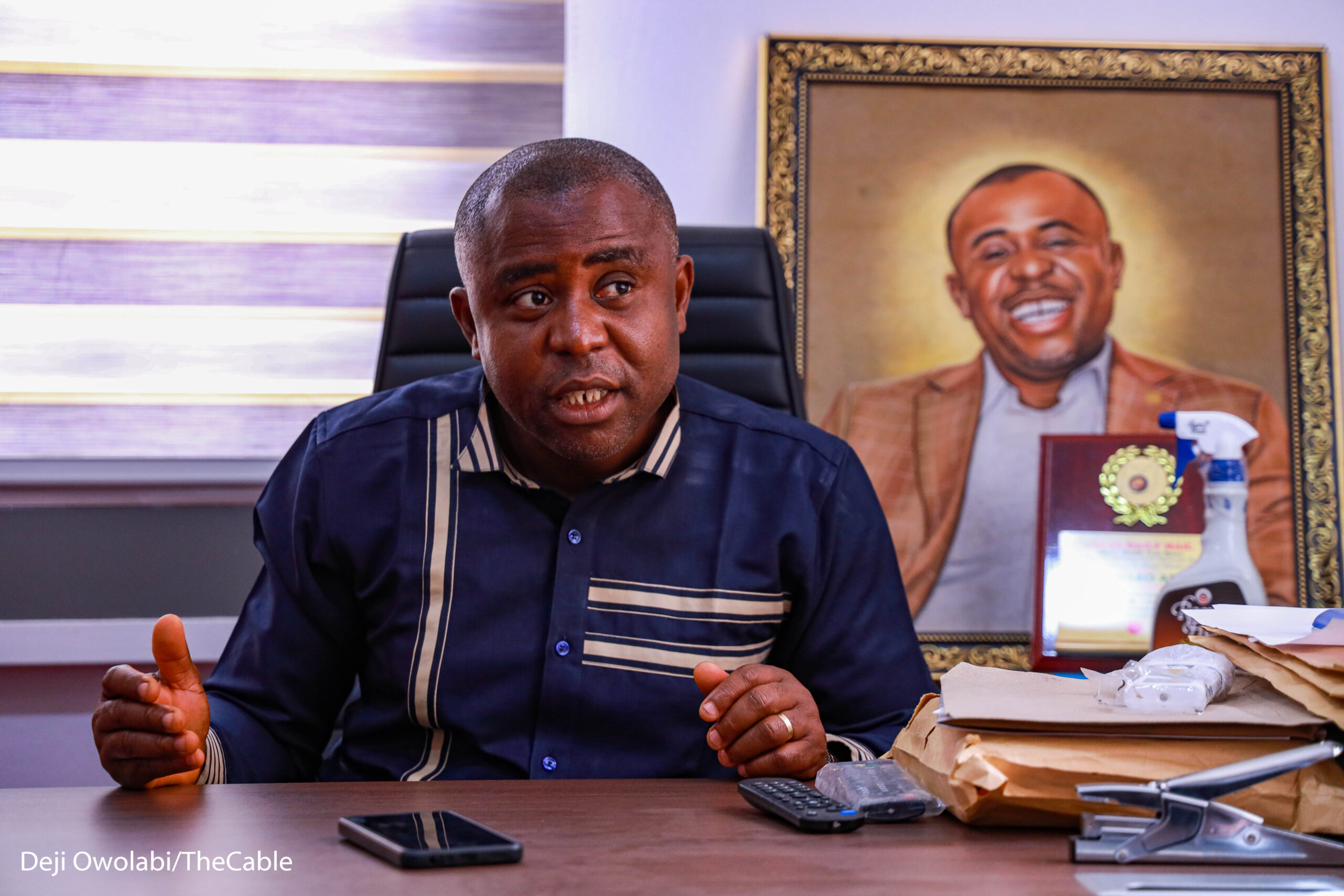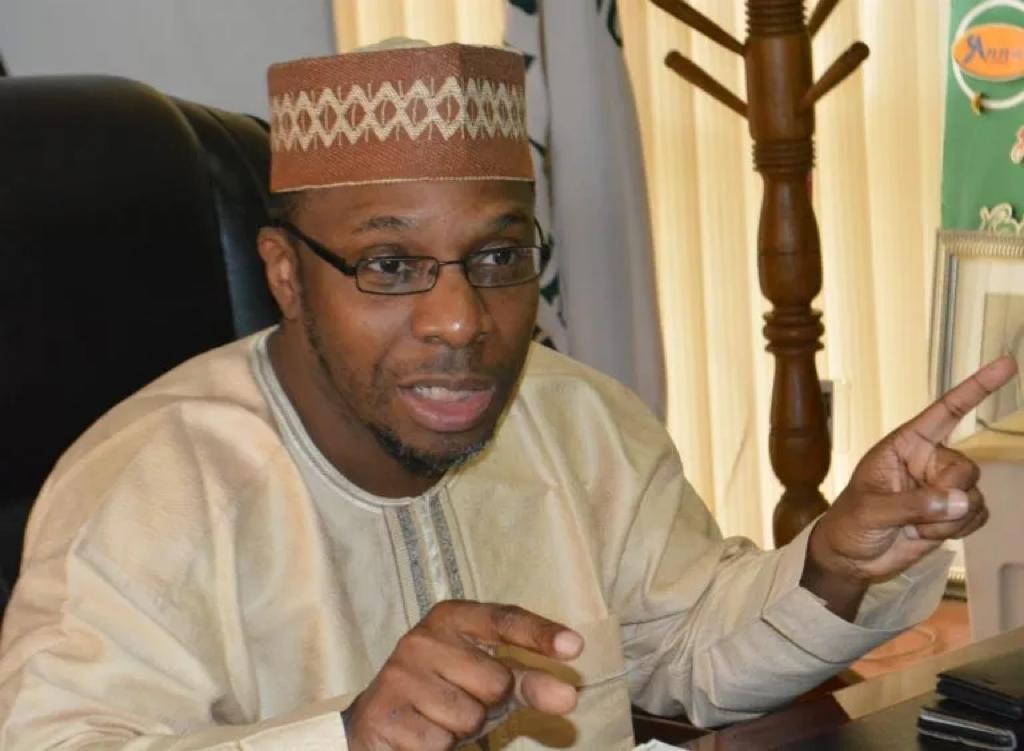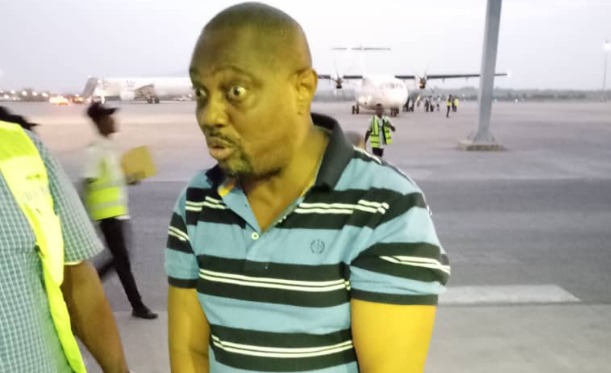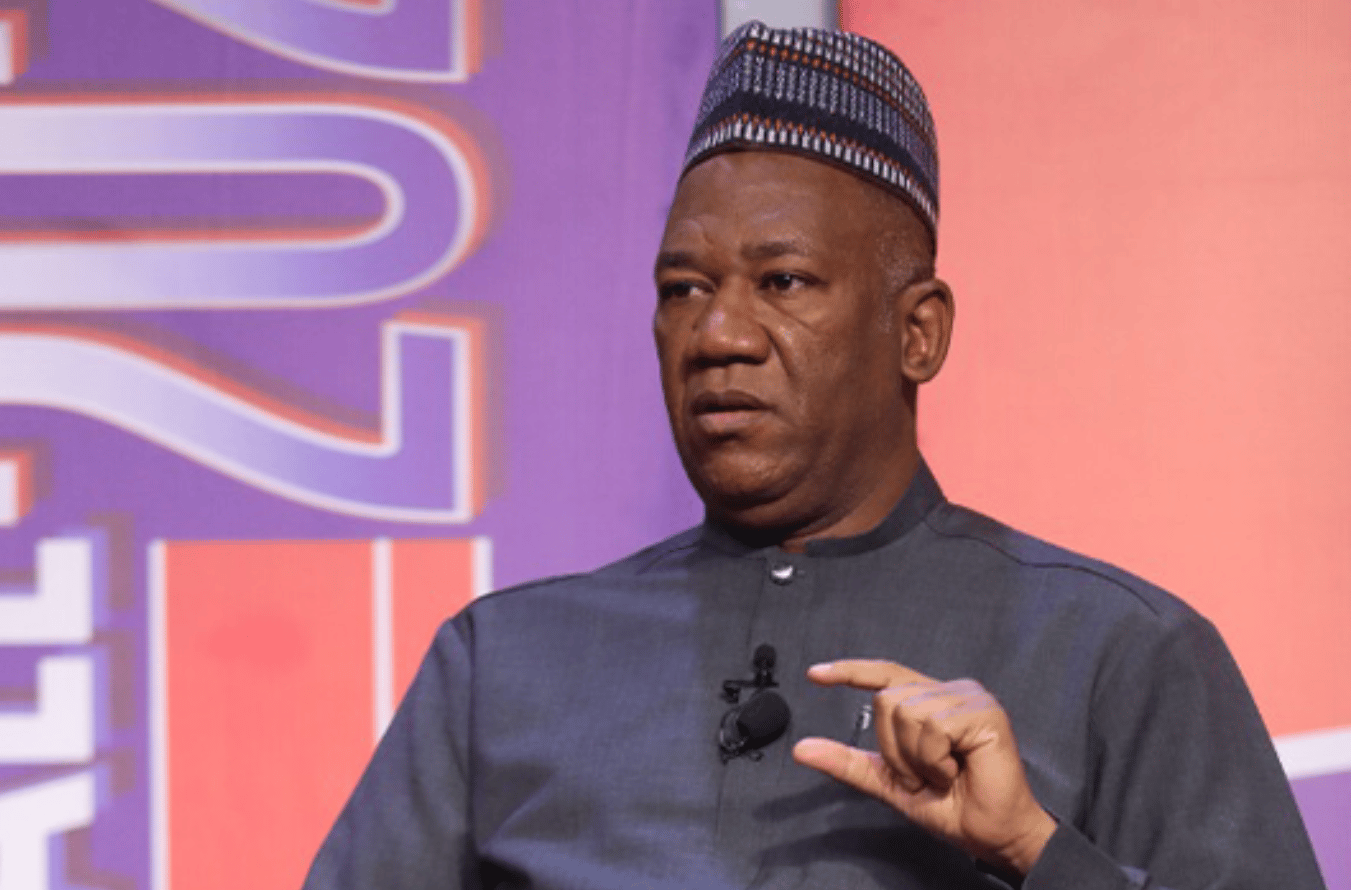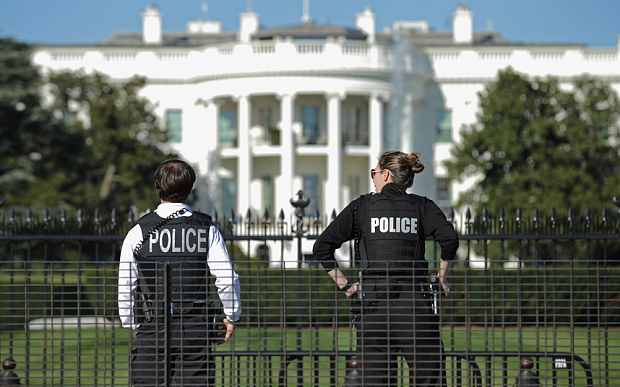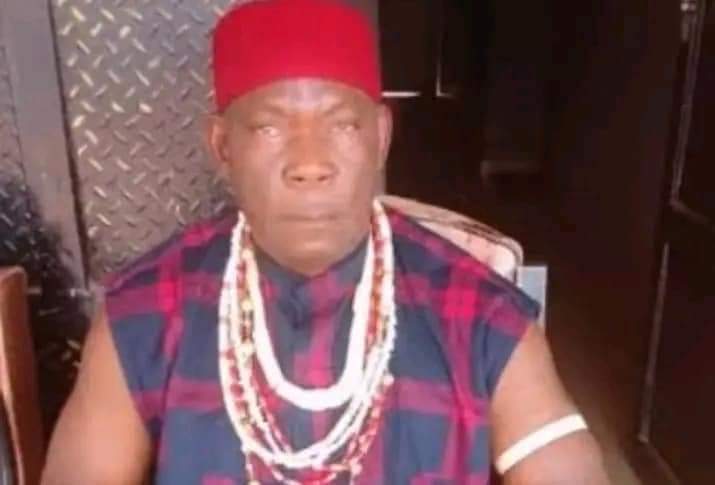Ikharo Attah, the senior special assistant to the federal capital territory (FCT) minister on monitoring, inspection, and enforcement
In August 2022, five persons were rescued while two others were trapped inside a collapsed building in Kubwa, Abuja. Seven months later, another building caved in on workers. About 19 persons were rescued and many others were trapped under the rubble in Gwarimpa, an estate in Nigeria’s capital.
In this interview with TheCable’s SAMAD UTHMAN, Ikharo Attah, the senior special assistant on monitoring, inspection, and enforcement to the federal capital territory (FCT) minister, detailed why the FCT administration has intensified efforts to forestall illegal building construction in Abuja.
TheCable: Why has the FCT administration continued to carry out the demolition of structures within Abuja despite outcries and criticism from the public?
Ikharo Attah: Well, I think the fundamental thing we need to understand is that before the relocation of the FCT from Lagos to Abuja, this was a virgin land that was well-studied and planned by some people. And in their wisdom as planners, they planned everything about the city. So, when you now move around the city and you start seeing alterations, you must do something because you can’t fold your arms as though you don’t see anything. If you fold your arms as though you don’t see anything, certainly one day it will boomerang.
Advertisement
We wouldn’t have the issues of building collapse. You as TheCable’s journalist followed us when we had a building collapse in Kubwa. It was because some people went ahead to build against the approved plan.
So much has gone wrong in this city and we need to correct them going forward. And if we must correct them, then we must try all we could to do what is right, regardless of the tears we have seen out there.
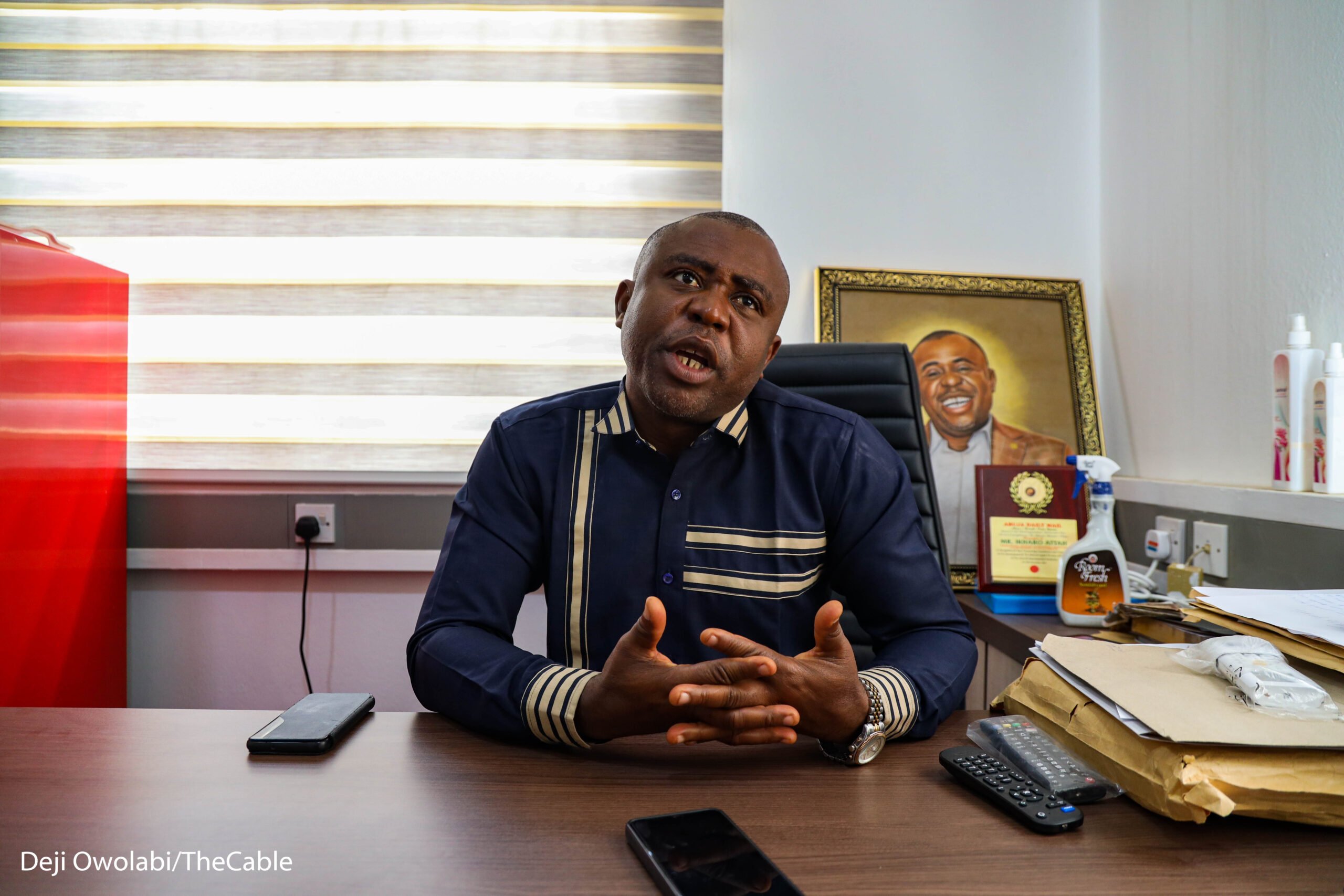
We are humans. It pains me to see tears. But we have a city to protect. We’ve got a city to secure. And you see makeshift houses, you see shanties, you see illegalities growing in their thousands every day and you say let’s leave the criminals to stay comfortably while we just hide and keep quiet as though nothing is happening.
Advertisement
There is a range of illegalities. Illegalities as per makeshift houses. Illegalities as per people building where they shouldn’t build or against an approved plan. Illegalities as it concerns commercial motorcycles operating where they shouldn’t operate. Illegalities in almost every form.
TheCable: There has also been this argument that Abuja planners failed right from the outset to take cognizance of the fact that Abuja should also have a place where the so-called low-income earners should cohabit alongside the bourgeoisie. Don’t you think this is a town planning error?
Attah Ikaro: No. It is not true. You know for sure in every city of the world, there are high places, areas of the cities that are high-brow areas. If you go to even advanced climes, you have counties which are like our own satellite towns, our own suburbs. The Maitama, Asokoro, the CBD, and Wuse are high-brow areas. Most of us cannot afford these areas, so we go to Bwari, Karshi, Yanya, Jikwe, Gudu, Galadimawa, Gidandaya and Sokale, or other areas where we can stay.
But most times, you see some persons building shanties behind the NBA headquarters just close to Bolingo and NAN and they say it is because they are poor. No. Many are poor like you and they are living in Bwari. They are also humans. But the poor class does not come to empty plots. Those are the hearts of the city where they have erected shanties everywhere and have become criminal hideouts.
Advertisement
Those who have built cities across the world know that there are high-brow areas and there are counties. There are satellite towns. There are suburbs. All these have been taken care of. Yes, there has been a massive influx of people which has largely almost altered the city plan. But that notwithstanding, the suburbs are suburbs and the main areas are the main areas. Every area cannot contain everybody.
TheCable: In the wake of the insurgency in the northeast, there was an influx of people and IDPs to the FCT even though the government has continued to say there are no official IDP camps in Abuja. Recently, your team mobilised to Durumi IDPs camp and carried out a demolition exercise. What informed this?
Ikharo Attah: The supposed IDP camps have been on the front burner at the FCT security committee meeting for close to about eight to nine months now. It has been a constant topic for discussion because that particular area has been the den of criminals, drug dealers and all sorts. The area that is supposed to be an IDP camp in the whole area is not up to 15 per cent while the other areas are just occupied with buildings and to make matters worse, that place is a road corridor. It’s a full-blown road corridor of a 10-lane road.

Advertisement
They started to evolve into mud houses and then into blocks of houses, and later evolved to selling land on the road corridors. So, when we discussed and discovered that the crime rate and the criminal elements in Garki, Durumi and some other areas are traced to that locality. Then it was resolved that we needed to go and remove the illegality that we saw there. We went in and while removing it, we saw a den of drugs and several others.
TheCable: There was a time when there were fears that some insurgents also mingled with those people. Has there been an official report or intel?
Advertisement
Ikharo Attah: We have not received an official report of that particular nature but what we know is that traces of that is very high. Even, it has become like a lawless place to live. You can’t go there to enforce compliance. If you go there as a VIO to enforce compliance on motorcycles in Garki, they would likely burn your vehicle. If you go there as police to enforce compliance, you are likely going to get burnt.
TheCable: How do you then take care of the needs of the people migrating into Abuja?
Advertisement
Ikharo Attah: Abuja is for all. Everyone who wants to come can come through anywhere. When you come, you do your work in line with the law. When you close at work, you go back home. That’s the truth because we can’t provide houses for everybody; no government in the world can. People are going to be trooping in. But we can never allow people to build makeshift houses in the city centres. It won’t be condoned.
TheCable: What is the FCT administration doing on the ailing Abuja mass transport system?
Advertisement
Ikharo Attah: The minister is looking into the issue of the Abuja urban mass transport company. A committee is on it and it is assumed as the Abuja investment company. The independent body is overseeing that; it is looking at how to bring in private investors to actually boost the system.
On the issue of allied Okada, we evolve the workings by ensuring that we have a Keke-Napep at some point in the city as the last in the transportation chain. That is, when you get to some areas, like the suburbs, the tricycle will take you as the final chain and convey you where you are going.

I agree with you that we should have a strong, global-standard transport system, where we have the trains fully working through town, the metro and we have the high-capacity buses fully working, even some double-decker and we have some of the best 400-seater buses plying the roads here. For us, okada is a security threat. Sometimes, okada riders will just stab VIO officers and run.
Last two months, we had one VIO officer killed in Durumi. They are more of a security issue than a transport problem, but we are tackling them. But I still agree with you totally that we need to have the best global-standard transport system that works from every angle. When we get to that stage, I’m sure most of all these things will take care of themselves.
TheCable: What are you doing on the local waste collectors menace in Abuja?
Ikharo Attah: It is something that looks really strange. They ought to be assisting in refuse collection, but they’ve evolved to become criminal assets. They steal in the neighbourhood where they stay. They steal items like generators and other things. Most times, they walk around with daggers. So, we have started hitting them really hard.
One way is to soften them. Two, to get them off the areas where they ought not to operate because they have become very notorious. Even during demolition exercises, when we go anywhere to remove illegal structures, just within 10 minutes of commencement, you will see them in their numbers. You see them pounce on the zincs, on the iron rods. Sometimes, they pounce on people’s loads. Sometimes, we’ve had to disperse them with tear gas, but as a vulture in the face of decomposing flesh, they wait.
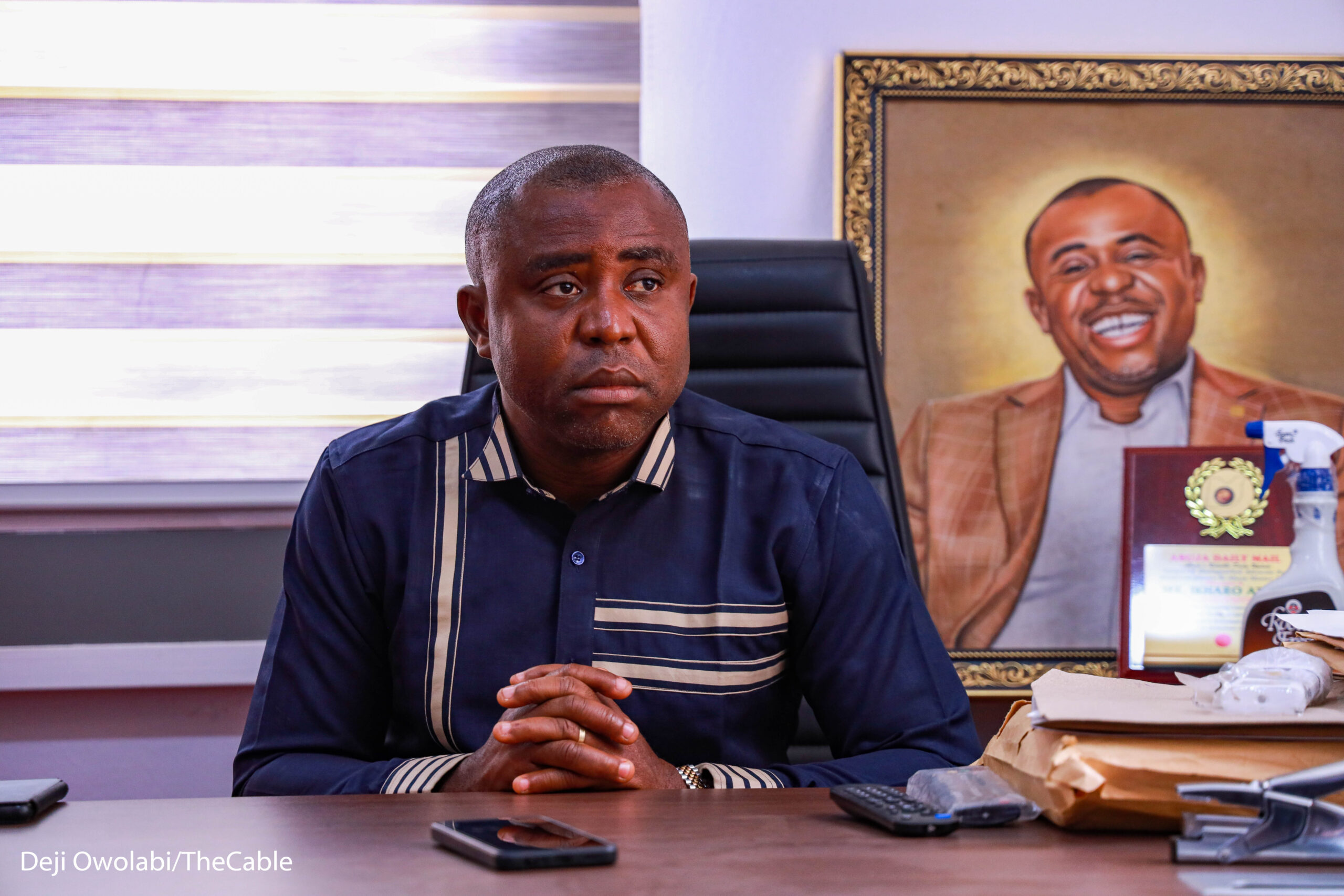
We’ve been tackling them so heavily and telling them that if they want to engage in Babanbola duties (refuse collection), they’re not allowed to do it in the city centre. Even where you are going to do it, you should not be seen committing crimes, stealing, and maiming people. For instance, we went to Kubwa by the train station and everyone who came out from the neighbourhood came to thank us. When the time comes, they go to your fence, cut your barb-wire and sell. If your car develops a fault in that area, they’ll open your bonnet, remove your battery, and they sell. Sometimes, they’ll remove your car alternators right in your presence.
